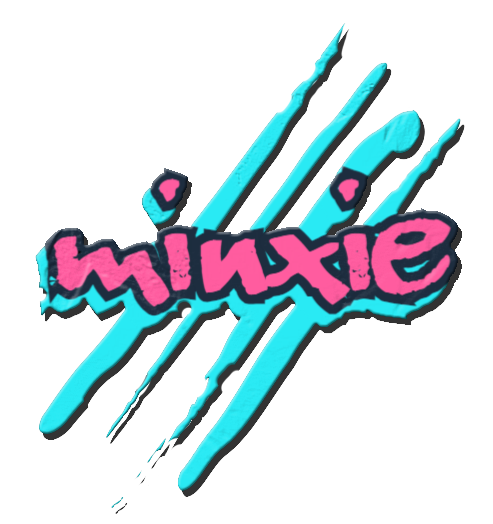
How To Make And Sell An NFT – Minxie
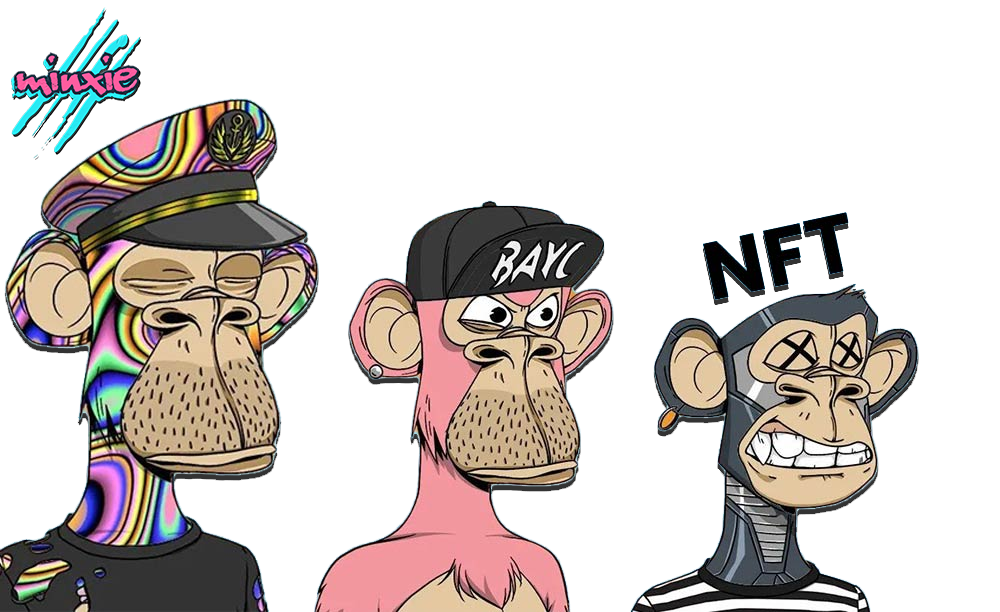
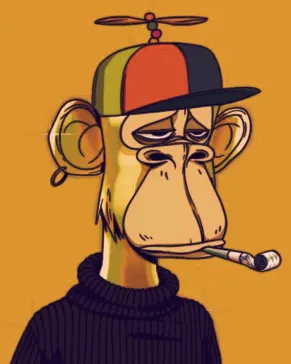
Embarking on Your NFT Journey with Minxie
Are you intrigued by the world of NFTs and eager to make your mark? Whether you’re an artist, musician, or digital creator, understanding how to create and sell an NFT (Non-Fungible Token) is crucial in today’s digital economy. With Minxie, diving into this innovative space is simpler than you might think.
The Rise of Digital Art and Its Infinite Possibilities
The digital art realm, especially NFTs, has opened up a world of possibilities for artists and creators. These cryptographic collections are unique and scarce, making them highly sought after in the digital market. They can range from visual art and music to real estate and more.
A New Era of Art Galleries and Crypto Art
Physical art galleries are now showcasing crypto art pieces, blurring the lines between the traditional and digital art worlds. This integration highlights the growing acceptance and interest in NFTs as legitimate art forms.
Your Path to Creating and Selling NFTs
Navigating the NFT Marketplace
The first step in your NFT journey is choosing a marketplace. Platforms like Rarible, Binance, and OpenSea offer spaces where you can showcase and sell your digital creations.
Preparing Your Artwork for the Digital Realm
Before you can sell your art as an NFT, you need to digitize your work. This can include anything from images and videos to music files. The uniqueness and originality of your piece are what will drive its value in the marketplace.
The Art of Crafting an NFT
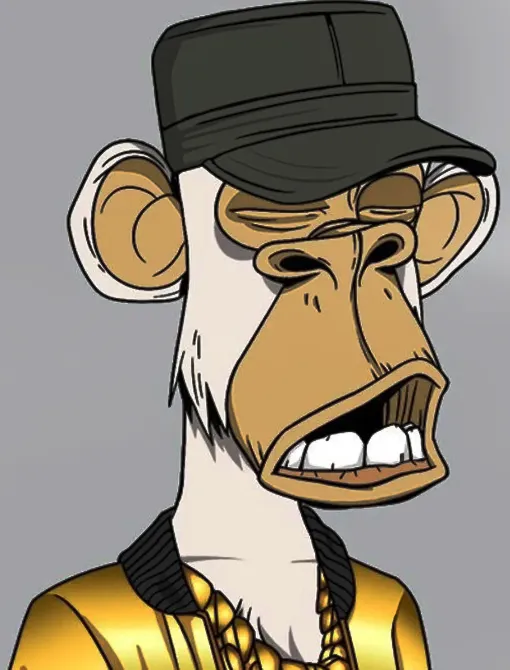
Selecting Your Asset Type
Your first decision is choosing what type of digital asset to create. This could be anything from collectible trading cards to digital artwork, music, or even virtual fashion items. The type of asset you choose should resonate with your creative style and the audience you wish to engage.
Preparing Your Digital Art File
Once you’ve decided on the type of asset, the next step is to prepare your digital art file. This could be a GIF, image, video, or any other digital format. Remember, the format you choose can affect how it’s perceived and valued on the marketplace.
Setting Up a Digital Wallet
To engage in the NFT marketplace, you’ll need a digital wallet. This wallet will be used to store your NFTs and receive payments. Popular options include Metamask, Coinbase Wallet, and AlphaWallet.
Connecting Your Wallet to an NFT Platform
After setting up your wallet, the next step is to connect it to an NFT platform. This is where you’ll upload your art and set your prices. Each platform has its own process, but generally, it involves linking your wallet and accepting the platform’s terms and conditions.
Selling Your Masterpiece
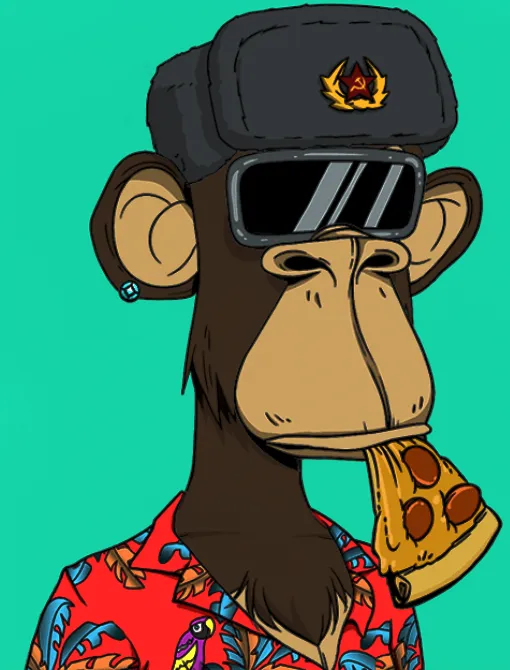
Minting and Marketing
The minting process transforms your digital art into a sellable NFT. Once minted, you can list your NFT for sale on the chosen platform. When pricing your work, consider factors like demand, scarcity, and the uniqueness of your creation.
Auctioning Your Digital Art
You can sell your NFT through a fixed price or an auction. In auctions, buyers bid on your NFT, and it’s sold to the highest bidder. This method can often yield higher prices, especially for unique and sought-after pieces.
NFTs Beyond Visual Arts
Expanding Your Horizons
NFTs aren’t limited to visual arts. Musicians, game developers, and even fashion designers are finding innovative ways to use NFTs. From music tracks to in-game items and virtual clothing, the possibilities are endless.
Embracing New Forms of Art
The versatility of NFTs allows artists to explore new mediums and platforms. This flexibility is transforming how art is created, sold, and enjoyed, offering artists more control over their work and its distribution.
Understanding the NFT Market Dynamics
The world of NFTs is not just about creating and selling. It’s essential to understand the market dynamics to successfully navigate this space. The value of an NFT is determined by various factors including its rarity, the artist’s reputation, and the current demand for such works in the market.

Key Components of Creating an NFT
| Component | Description |
|---|---|
| Asset Type | Decide what kind of digital asset to create (art, music, gaming, etc.). |
| Digital Art Preparation | Convert your artwork into a suitable digital format. |
| Digital Wallet | Set up a wallet like Metamask or Coinbase for transactions. |
| NFT Platform | Choose a platform (e.g., OpenSea, Rarible) to host and sell your NFT. |
| Minting Process | Convert your digital art into an NFT through the minting process. |
| Pricing Strategy | Set a price based on market demand, rarity, and artistic value. |
| Marketing | Promote your NFT on social media and other platforms to attract buyers. |
Marketing and Promotion: The Key to Success
Creating an NFT is just the beginning. Effectively marketing your digital art is crucial to attract potential buyers and collectors. Utilize social media platforms, join NFT communities, and collaborate with other artists to enhance your visibility in the NFT space.
The journey to creating and selling an NFT with Minxie is an exciting adventure filled with endless possibilities. By understanding the market, preparing your digital assets properly, and promoting your work effectively, you can make a significant impact in the burgeoning world of digital art and NFTs. Embrace this opportunity to showcase your creativity and make your mark in the digital realm.
FAQ
How do I price my NFT?
Consider the rarity, demand, and artistic value of your work. Research similar NFTs for pricing benchmarks.
Can I convert traditional art into an NFT?
Yes, traditional art can be digitized and converted into an NFT.
What are the common mistakes to avoid when selling NFTs?
Overpricing, neglecting marketing, and not understanding the platform’s terms and conditions are common mistakes.
How can I protect my NFTs from piracy?
Use secure and reputable NFT platforms that offer protection against duplication and theft.
Is it possible to earn royalties from NFTs?
Yes, many NFT platforms allow creators to earn royalties each time the NFT is resold in the secondary market.
